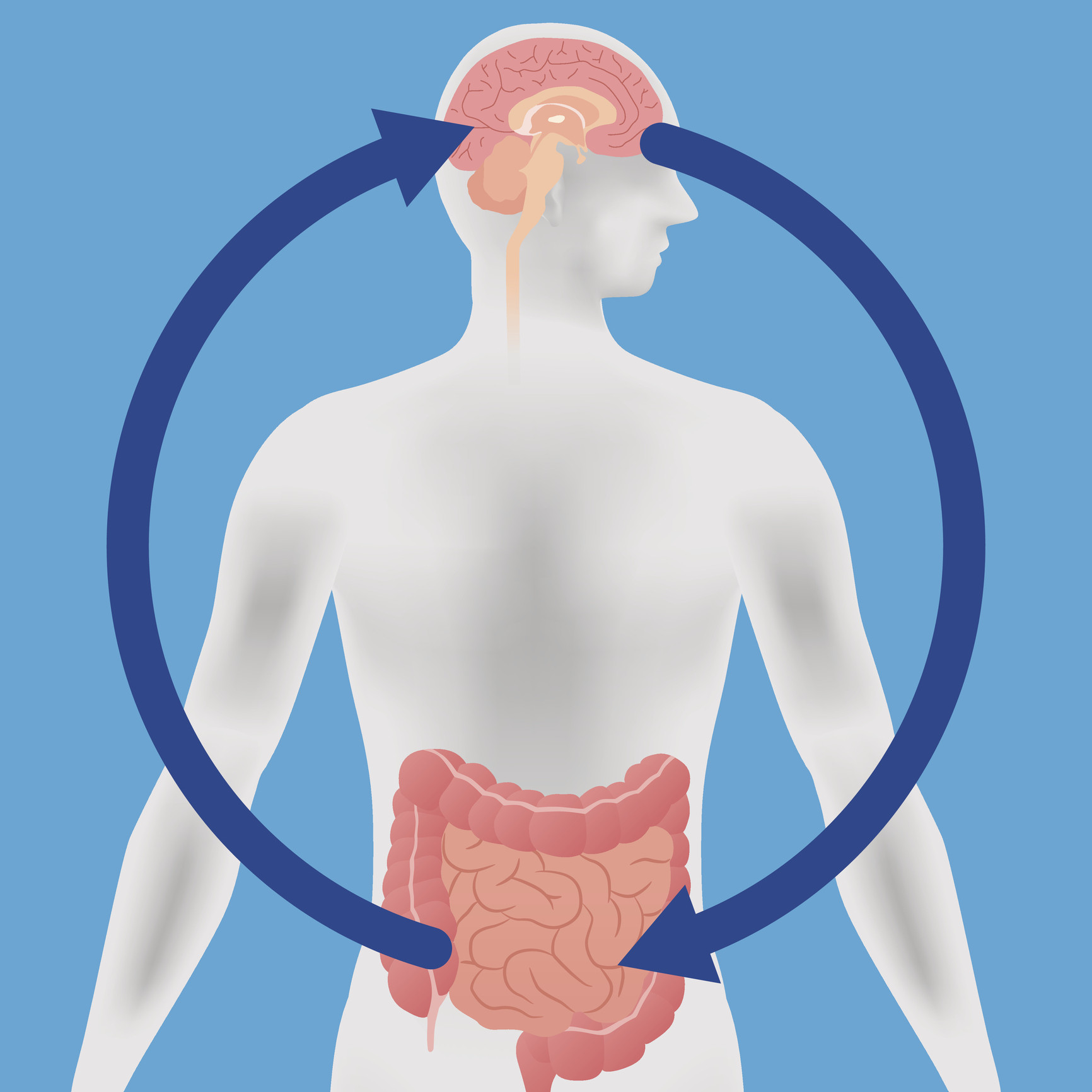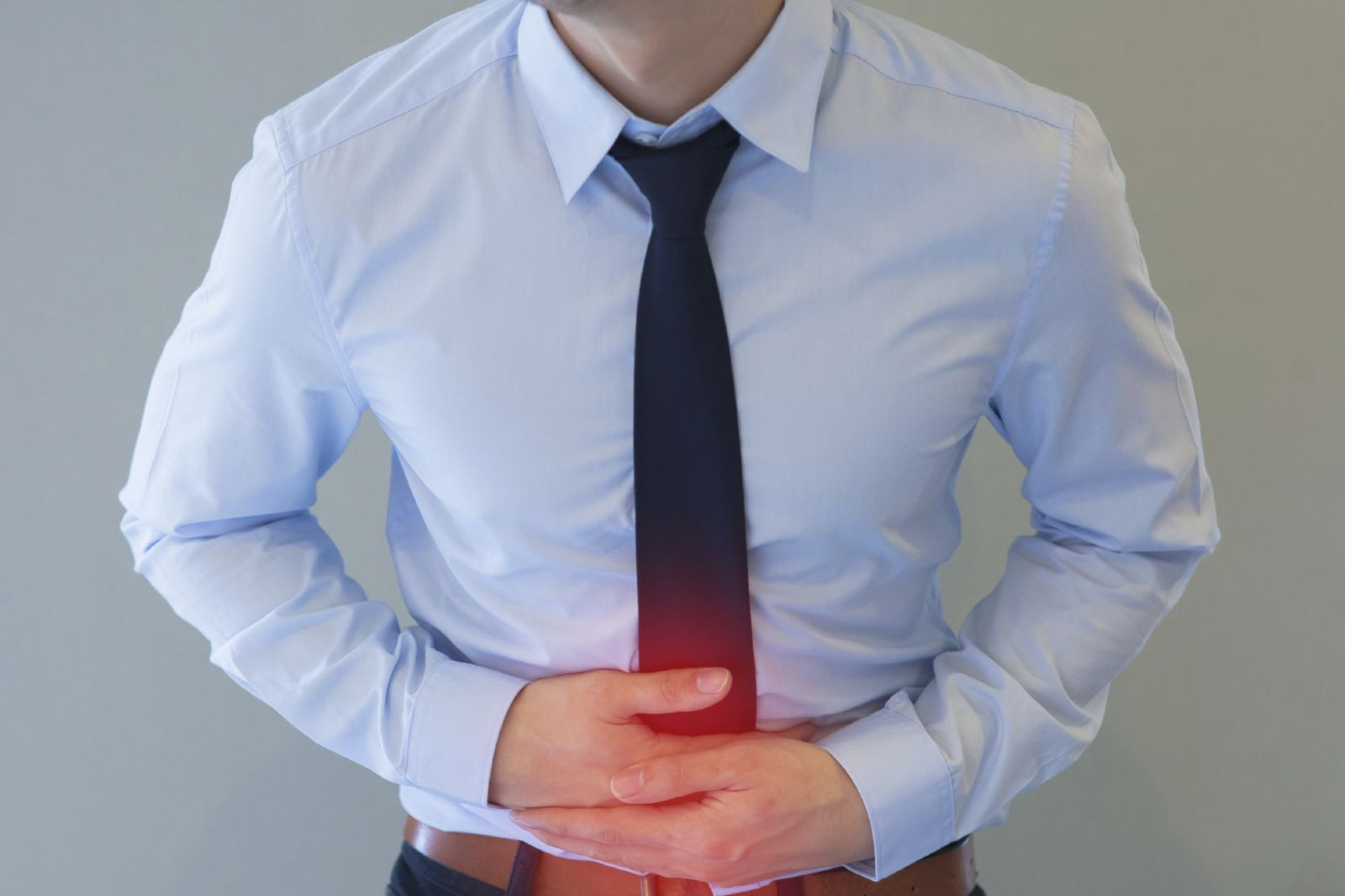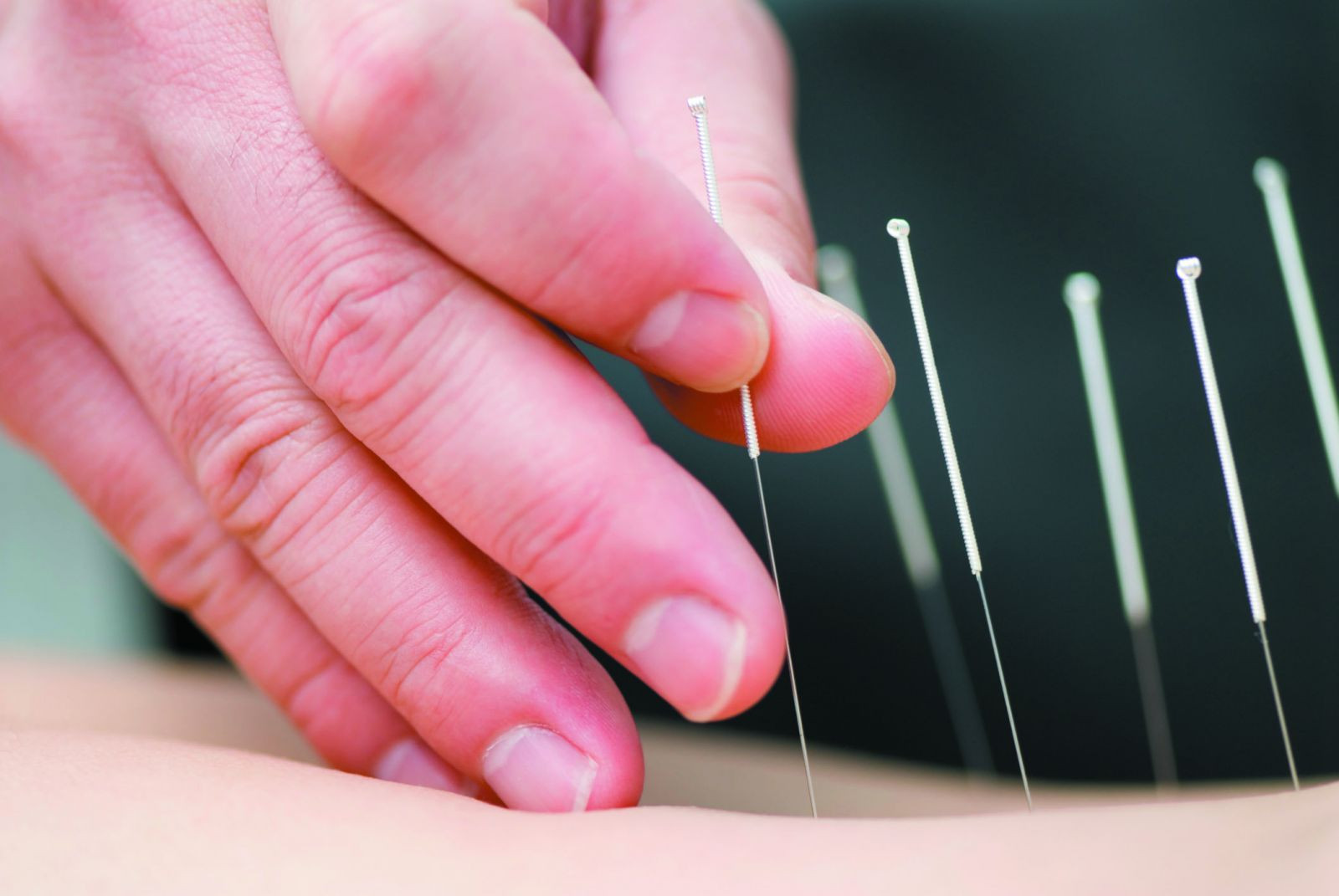
Tips to leverage neuroplasticity to maintain cognitive fitness as you age

Can white noise really help you sleep better?

Celiac disease: Exploring four myths

What is prostatitis and how is it treated?

What is Cushing syndrome?

Exercises to relieve joint pain

Think your child has ADHD? What your pediatrician can do

Foam roller: Could you benefit from this massage tool?

Stepping up activity if winter slowed you down

Common causes of cloudy urine
Digestive Health Archive
Articles
When does long-term acid reflux become a serious issue?
On call
Q. I have had acid reflux for many years, but it is well controlled with a proton-pump inhibitor. However, I am concerned about long-term damage from my reflux, even though I feel fine now. Should I have an upper endoscopy to look for possible damage?
A. Long-term acid reflux can damage the esophagus and may lead to a condition known as Barrett's esophagus, which is a precursor to esophageal cancer. Barrett's affects about 3% to 10% of older men, but within this group the risk of developing esophageal cancer is only about four in every 1,000 cases. Over all, men with Barrett's are more likely to die from another cause.
The finer points of acupuncture
This ancient practice can be used alone or with conventional therapy to help ease your pain.
Image: © zilli/Thinkstock
Men looking for an easy and effective means to manage pain should consider acupuncture.
"There are many different types of pain — neuropathic, muscular, degenerative joint — all of which can make management complex," says Hugo Lopez, a licensed acupuncturist with Harvard-affiliated Massachusetts General Hospital Cancer Center. "Sometimes you need to treat not just the physical components, but also the psychological ones, and that is where acupuncture can help, as it addresses both problems."
Harvard researchers link diverticulitis to red meat
News briefs
Red meat is associated with an increased risk for developing cardiovascular disease, diabetes, and some types of cancer. Now, a study published online Jan. 9, 2017, by the journal Gut suggests that eating red meat is associated with an increased risk for developing diverticulitis. This occurs when tiny pouches in the wall of the large intestine become inflamed, potentially causing cramps, diarrhea, constipation, and even rectal bleeding. We don't really know what causes diverticulitis, so researchers explored possible dietary links. They analyzed health and diet information reported by more than 46,000 men (ages 40 to 75) over 26 years. Men who ate the most red meat per week (about 13 servings) were 58% more likely to develop diverticulitis during the study period, compared with men who ate the least red meat per week (1.2 servings). The association was strongest for unprocessed red meat like steak. However, the risk for developing diverticulitis was 20% lower when people in the study substituted poultry or fish for a serving of unprocessed red meat each day. The findings don't prove that red meat causes diverticulitis, but other studies have suggested red meat may be a factor in diverticular disease.
The lowdown on constipation
Don't take constipation sitting down. Lifestyle changes can help you find relief.
Image: © rimglow; © Martin Poole; © sarahdoow; © ValentynVolkov/Thinkstock
Constipation may be unpleasant and embarrassing, but it should never be ignored. About one-third of adults ages 60 and older report at least occasional constipation, which can leave them feeling bloated, uncomfortable, and sluggish.
"It's an incredibly common problem, especially among older men, but it's important to address and manage, as it can affect your nutrition and quality of life," says Dr. Judy Nee, a gastroenterologist with Harvard-affiliated Beth Israel Deaconess Medical Center.
Ask the doctor: Should I take a probiotic?
It’s unclear why, but it appears that people with psoriasis are more likely to also suffer from diabetes.
When You Visit Your Doctor - Gallstones
Gallstones
Questions to Discuss with Your Doctor:
- Do you have pain in the mid- or upper-right portion of your abdomen?
- Do fatty meals worsen the pain?
- Does the pain occur after eating?
- Do you have nausea, vomiting, or bloating?
- Does the pain ever go through to your back?
- Is the pain steady or intermittent?
- Have you had fevers?
- How long does it take for the pain to go away?
- Do you take any medications (for example, birth-control pills or hormone therapy)?
- Have you had any rapid weight loss?
- Have you noticed darkening of your urine or yellowing of the eyes?
Your Doctor Might Examine the Following Body Structures or Functions:
- Abdominal exam
Your Doctor Might Order the Following Lab Tests or Studies:
- Blood tests of liver function
- Complete blood count
- Abdominal ultrasound
- Cholescintigraphy (HIDA scan)
When You Visit Your Doctor - Gastroesophageal Reflux Disease (GERD)
Gastroesophageal Reflux Disease (GERD)
Questions to Discuss with Your Doctor:
- Do you get a burning sensation in your chest or throat after eating?
- Do you ever have a bitter or sour taste in your mouth?
- Do you ever have bloating or nausea after you eat?
- How often do you get these symptoms?
- What do you do to relieve the symptoms?
- Are the symptoms related to physical exertion?
- Are the symptoms worse when you are lying down or sitting up?
- Have you noticed any black stools?
- Do you have a persistent cough?
- Do you have a history of ulcer disease?
- Are you taking any medications, especially ones that can irritate the esophagus or stomach, such as aspirin, ibuprofen, naproxen or tetracycline?
- Do you drink alcohol or smoke?
- How soon after you eat at night do you go to bed?
- Have you tried any over-the-counter medications? If so, do they help?
Your Doctor Might Examine the Following Body Structures or Functions:
- Chest and lung exam
- Abdominal exam
Your Doctor Might Order the Following Lab Tests or Studies:
- Upper endoscopy (internal examination of the esophagus and stomach)
- pH probe (to assess the acid level in the esophagus and stomach)
- Manometry (to measure the pressure of the sphincter between the esophagus and the stomach)
- Stool testing for blood
- Complete blood cell count
When You Visit Your Doctor - Peptic Ulcer Disease
Peptic Ulcer Disease
Questions to Discuss with Your Doctor:
- Do you have diffuse or localized abdominal pain?
- Does the pain ever travel to the back or chest?
- Do you have nausea associated with the pain?
- Does eating make the pain better or worse?
- Do you have black or bloody stools?
- Do you ever vomit blood or material that looks like coffee grounds?
- Do you take any medications (for example, pain relievers)?
- Do you smoke cigarettes or drink alcohol?
- Do you drink caffeine-containing beverages?
- Have you ever been tested or treated for a bacteria called H. pylori that can infect the stomach lining?
- Do you have a family history of peptic ulcer disease?
Your Doctor Might Examine the Following Body Structures or Functions:
- Careful abdominal exam
- Rectal exam
Your Doctor Might Order the Following Lab Tests or Studies:
- Stool testing for blood
- Blood or breath test for the presence of H. pylori
- Upper endoscopy (internal examination of esophagus, stomach, and duodenum)
- Upper GI series

Tips to leverage neuroplasticity to maintain cognitive fitness as you age

Can white noise really help you sleep better?

Celiac disease: Exploring four myths

What is prostatitis and how is it treated?

What is Cushing syndrome?

Exercises to relieve joint pain

Think your child has ADHD? What your pediatrician can do

Foam roller: Could you benefit from this massage tool?

Stepping up activity if winter slowed you down

Common causes of cloudy urine
Free Healthbeat Signup
Get the latest in health news delivered to your inbox!
Sign Up







